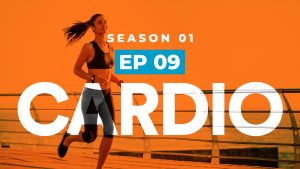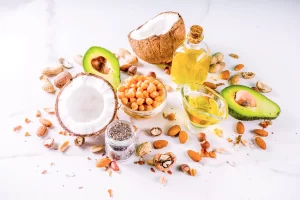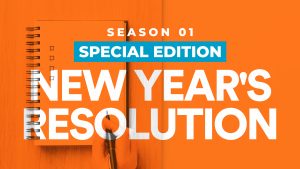What does the most-purchased beverage in the world — coffee — do to your brain?
Five centuries after its discovery, coffee is deeply entrenched in our diets on a global scale. More than half the U.S. population drinks coffee daily. We wake up with coffee, and catch up with friends over coffee. Historically, coffee has been heralded as an inspiring muse.
But many headlines have warned us about the adverse effects of coffee. Is there truth in the supposed risks, or can we keep sipping away without a worry?
In this episode of ‘Your Brain On…’, we discuss:
- What caffeine does to your brain, and why it makes you feel awake
- How much coffee is too much, and how caffeine affects us all differently (depending on our metabolism)
- The antioxidant benefits of coffee
- How coffee can improve concentration, and even potentially protect against neurodegenerative diseases
- How different kinds of coffee affect our brains differently (black vs. cream and sugar, brewed vs. filter, caffeinated vs. decaf)
- The risks of caffeine addiction
- A brief history of how coffee became so ubiquitous in our lives
Bringing the buzz to this episode are two coffee geniuses:
DR. ASTRID NEHLIG, a neuroscientist out of the French Institute of Health and Medical Research who has studied the health impacts of coffee with impressive extensiveness.
PROFESSOR JONATHAN MORRIS, AKA ‘The Coffee Historian’, author of ‘Coffee: A Global History’ and co-creator of the History of Coffee Podcast.
Links
Dr. Astrid Nehlig
Professor Jonathan Morris











